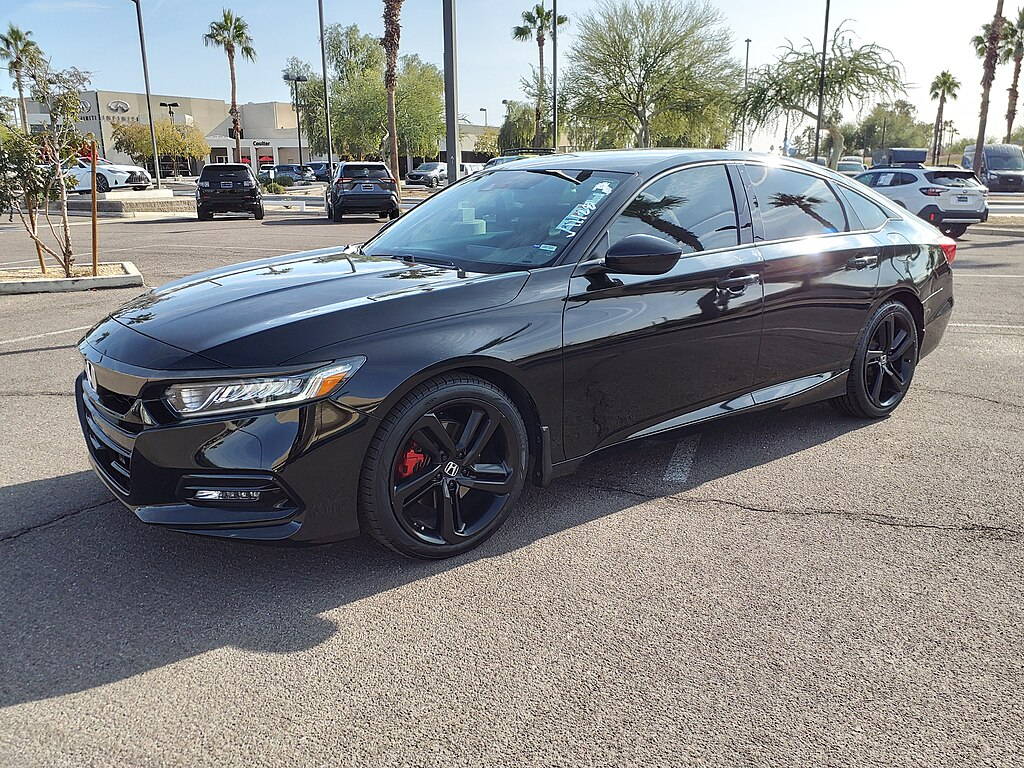
Experiencing an engine misfire can be alarming, especially in a reliable vehicle like the 2017 Honda Accord. A misfire occurs when one or more of your engine's cylinders fail to combust properly, which can lead to rough idling, poor acceleration, and even potential damage to your engine over time. In this guide, we'll explore the common causes of engine misfires, how to diagnose the problem, and DIY repair options to get your Accord running smoothly again.
Understanding Engine Misfire in the 2017 Honda Accord
Engine misfires can be caused by various issues, including problems with the ignition system, fuel system, or even the engine's mechanical components. In the 2017 Honda Accord, common culprits include faulty spark plugs, ignition coils, or fuel injectors. It's essential to address a misfire promptly to prevent further damage and maintain your vehicle's performance and fuel efficiency.
Common Causes of Engine Misfire
- Faulty Spark Plugs: Over time, spark plugs can wear out or become fouled, leading to weak or inconsistent sparks. This can cause incomplete combustion in one or more cylinders.
- Ignition Coil Issues: The ignition coil is responsible for providing the necessary voltage to the spark plugs. A failing coil can lead to weak sparks or no spark at all, resulting in a misfire.
- Fuel Injector Problems: If a fuel injector is clogged or malfunctioning, it may not deliver the correct amount of fuel to the engine cylinder, leading to a lean or rich mixture and causing a misfire.
- Vacuum Leaks: A vacuum leak can cause an imbalance in the air-fuel mixture, leading to misfires and rough engine performance.
Diagnosing and Fixing an Engine Misfire
Step 1: Check for Error Codes
Modern vehicles, including the 2017 Honda Accord, are equipped with onboard diagnostics (OBD-II) systems that can help pinpoint the cause of a misfire. Use an OBD-II scanner to check for error codes. Common codes related to misfires include P0300 (random/multiple cylinder misfire) and P0301-P0306 (specific cylinder misfire).
Step 2: Inspect and Replace Spark Plugs
Remove the spark plugs and inspect them for wear, deposits, or damage. If they appear worn or fouled, replace them with new plugs. Ensure you use the correct type of spark plugs as recommended in your Accord's owner manual.
Step 3: Check Ignition Coils
If replacing the spark plugs doesn't resolve the issue, the ignition coils may be at fault. Test each coil for proper operation. If any coils are faulty, replace them.
Step 4: Inspect Fuel Injectors
Check the fuel injectors for clogs or malfunction. If necessary, clean or replace the injectors. Ensure the fuel system is delivering the correct amount of fuel.
Step 5: Address Vacuum Leaks
Inspect the vacuum hoses and intake manifold gasket for leaks. Use a vacuum gauge to check for consistent pressure. Replace any damaged hoses or gaskets to restore proper vacuum levels.
DIY Repair Tips for Engine Misfire
- Tools and Equipment: For DIY repairs, you'll need basic tools such as a socket set, spark plug socket, OBD-II scanner, and possibly a fuel injector cleaner.
- Safety First: Always work in a well-ventilated area and wear safety glasses and gloves when working on your vehicle.
- Consult the Manual: Refer to your vehicle's owner manual for specifications and recommended parts for your Honda Accord.
FAQ: Common Questions About Engine Misfire
- What are the symptoms of an engine misfire?Symptoms include rough idling, loss of power, unusual vibrations, and a noticeable drop in fuel efficiency.
- Symptoms include rough idling, loss of power, unusual vibrations, and a noticeable drop in fuel efficiency.
- Can I drive my car with a misfire?While it may be possible to drive with a minor misfire, it's not recommended. A misfire can lead to increased emissions, poor fuel economy, and potential damage to the engine and catalytic converter.
- While it may be possible to drive with a minor misfire, it's not recommended. A misfire can lead to increased emissions, poor fuel economy, and potential damage to the engine and catalytic converter.
- How often should spark plugs be replaced?Spark plugs typically last between 30,000 to 100,000 miles, depending on the type and driving conditions. Check your owner manual for specific intervals.
- Spark plugs typically last between 30,000 to 100,000 miles, depending on the type and driving conditions. Check your owner manual for specific intervals.
- Is it expensive to fix a misfire?The cost can vary widely depending on the cause. Replacing spark plugs or coils is relatively inexpensive, while issues with fuel injectors or engine components can be more costly.
- The cost can vary widely depending on the cause. Replacing spark plugs or coils is relatively inexpensive, while issues with fuel injectors or engine components can be more costly.
By addressing an engine misfire promptly, you can ensure your 2017 Honda Accord continues to deliver reliable performance. Whether you're a DIY enthusiast or prefer professional assistance, understanding the causes and solutions for misfires can save you time and money.

